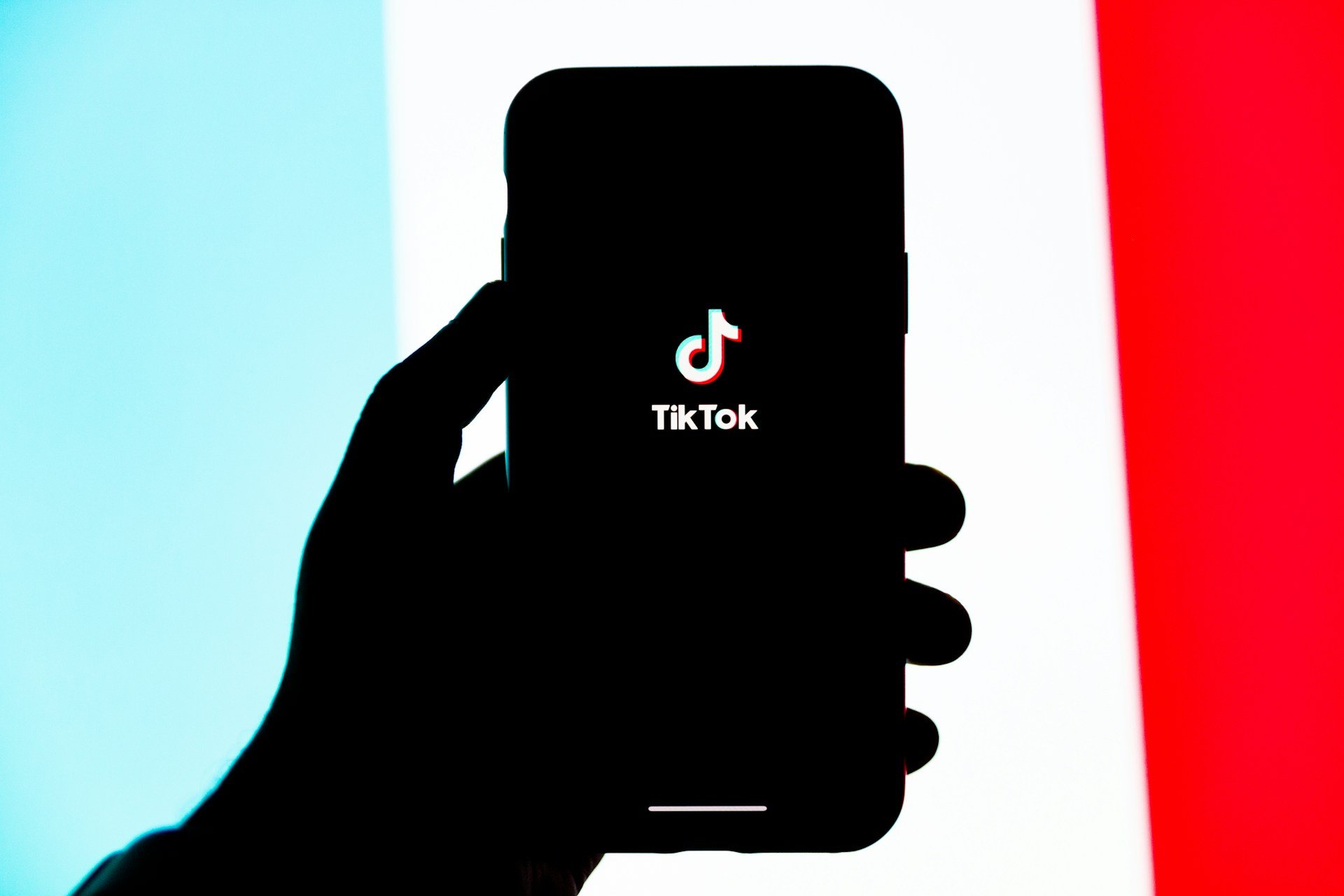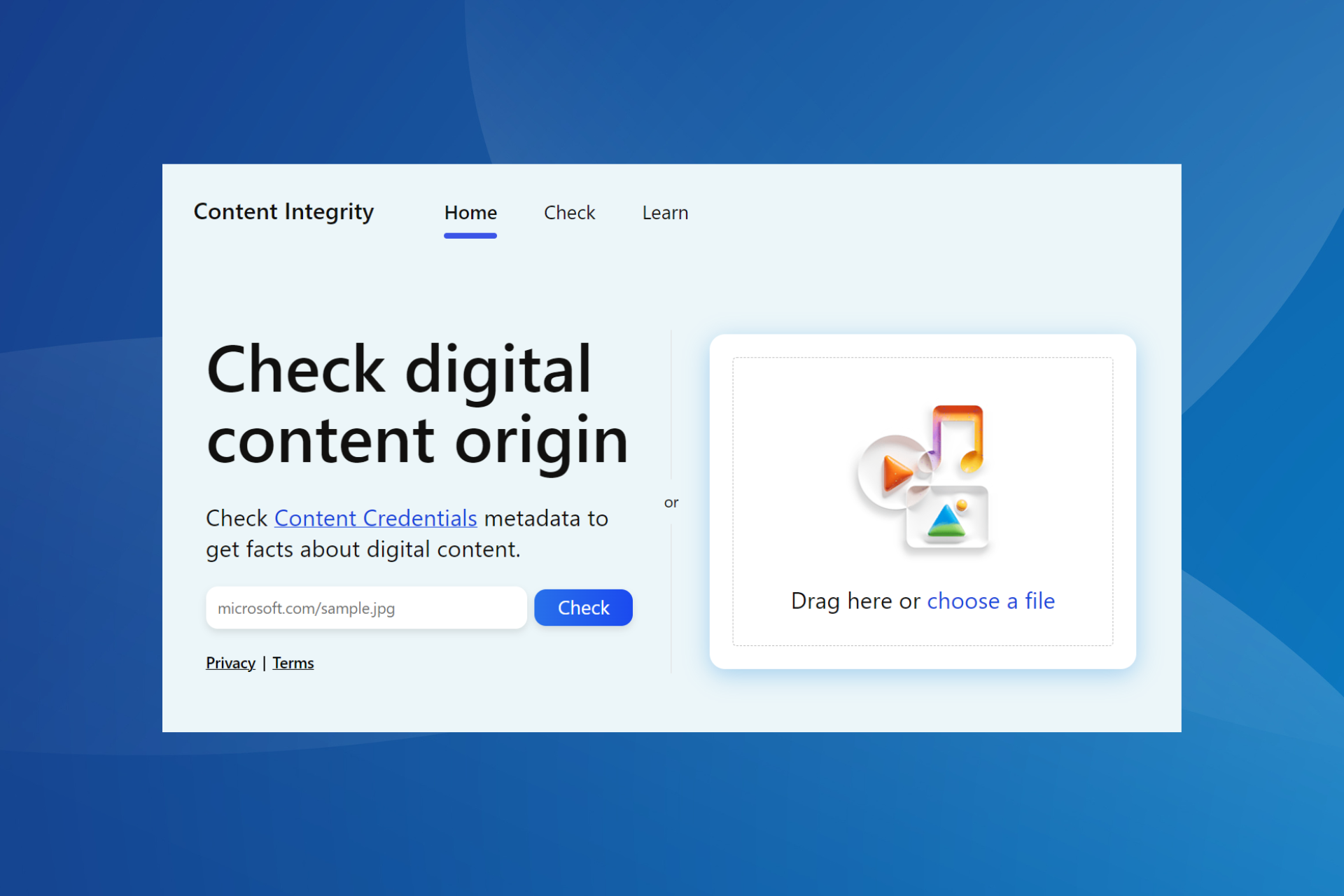Kaspersky discovered that most cybercriminals use data-stealing malware
Even your basic data can be sold for $10
2 min. read
Updated on
Read our disclosure page to find out how can you help Windows Report sustain the editorial team Read more

Cybercriminals target businesses and customers with data-stealing malware. In addition, according to a study from Kaspersky Digital Footprint Intelligence, 53% of the infected devices are corporate. Most of the infections affected Windows 10 systems. Also, in 2023, data-stealing viruses rose by 643% compared to the previous three years. This means that the malware infection affected over 10 million devices.
Kaspersky tracks and monitors the activity of the data-stealing malware on the black market. This way, they protect their customers and employees. On top of that, they can help companies understand the threat. Afterward, they can implement protective measures.
How do hackers use the data-stealing malware?
Threat actors steal around 50 credentials with the data-stealing malware per infected device. Afterward, wrongdoers either sell it, share it freely, or use it for identity theft, unauthorized access, and impersonation. However, they might not use the stolen credentials right away. So, consider changing your passwords and other login details.
Kaspersky mentions that 443,000 websites worldwide had their credentials compromised in the past five years by data-stealing malware. The stolen data contains social media accounts, online banking services, crypto-wallets, business emails, and more. Unfortunately, hackers can use a single infected device to access most of your accounts and sensitive information.
21% of the employees who suffered from the data-stealing virus ran it repeatedly. This incident shows that companies lack detection and response measures. Also, Kaspersky’s research reveals that employees lack the necessary knowledge to recognize viruses. In addition, companies don’t train them to use antivirus software regularly.
The value of your data on the dark web depends on the selling method. According to Sergey Shcherbel, an expert at Kaspersky Digital Footprint Intelligence, some cybercriminals sell specific data based on customers’ requests, while others use subscriptions and give their buyers regular updates. Basic data log files usually go for $10 each.
In a nutshell, cybercriminals perform more cyberattacks than they used to. Most of their methods include data-stealing malware. On top of that, your login details are valuable on the black market, even if they are personal or belong to an enterprise. So, to protect your sensitive information, perform regular malware scans and change your login credentials. By the way, the .com domain is the leader of compromised accounts, followed by domains associated with Brazil (.br), India (.in), Colombia (.co), and Vietnam (.vn).
What are your thoughts? Are you using Kaspersky? Let us know in the comments.








